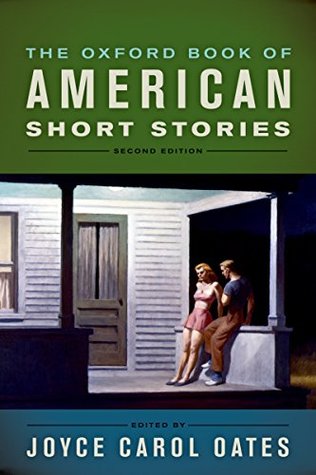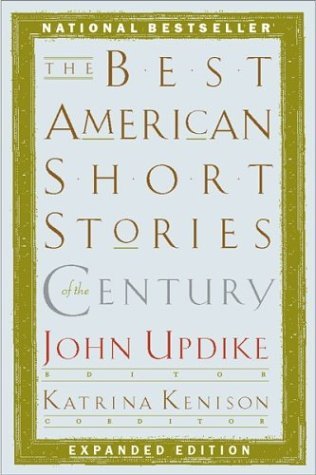Deal Me In 2019 – Week 21
8♣ 8♣ 8♣ 8♣ 8♣ 8♣ 8♣ 8♣
The tiny ink marks of which a symphony consists may have been made long ago, but when they are fulfilled in sound they become imminent and mighty. So a kind of music of feeling began to play in the Professor’s head, increasing in volume as he looked at the mud wall, and he had the feeling that he was performing what had been written for him long ago.
Because of the physical and geographical descriptions in Paul Bowles’ short story “A Distant Episode”, I’m guessing it is set in Morocco as the film Casablanca kept popping into my imagination; however, the setting is never specifically mentioned.

The protagonist, known as The Professor, searches out an old acquaintance only to discover he is dead. During his search, he insults a cafe worker who takes The Professor into an ultimate nightmare of captivity.
There is an arrogance about The Professor resulting from simply how he is called “The Professor”. No other name is given. But this arrogance is almost naive in nature. He is pleasant and mild-mannered as he talks with those of a different culture but still manages to offend them. But as a reader, we understand that no matter hour much he smiles, he’s saying the wrong thing.
Bowles then switches seemlessly from The Professor’s perspective to the perspective of his captives for an even darker plot turn.
The ending is by no means happy; however, the reader gets the sense that The Professor does escape but his captivity, itself, is the focus of the story. And escaping doesn’t make his captivity any less harrowing.
This story is included in The Oxford Book of American Short Stories edited by Joyce Carol Oates. I read it when I selected the Eight of Clubs for Week 21 of my Deal Me In 2019 short story project. My Deal Me In list can be seen here. Deal Me In is hosted by Jay at Bibliophilopolis.





